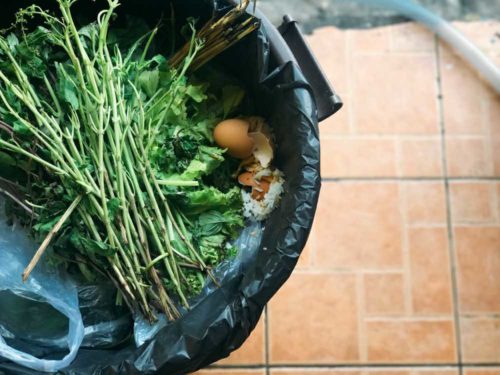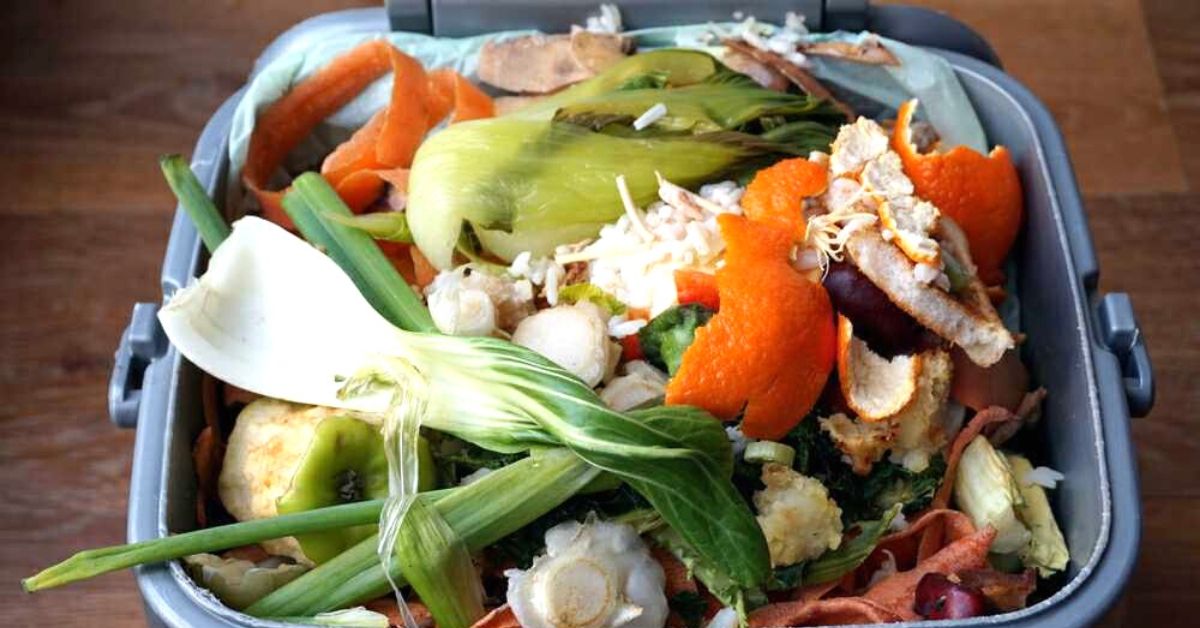With The Positive Collective, The Better India’s COVID-19 coverage is available to regional language publications for free. Write to editorial@thebetterindia.com for more details.
There’s so much nutrition that goes to waste when we throw away potato peels, banana skins and even the water in which we soak our veggies. The produce, full of protein, potassium, calcium and other nutrients may not be to our taste but is certainly useful for our garden.
Curious how you can make fertilisers in a shorter time than composting? Read on.
How to make quick organic fertiliser if you are already composting

- Reserve a big vessel or a small bucket in your kitchen to collect all the water that goes into washing vegetables or soaking rice, paneer etc.
- Instead of washing your produce under running water, make a habit of soaking it in a small vessel and draining the water into the reserved bucket.
- Do the same with water used to wash rice, lentils etc. If you are concerned that these grains are sprayed with chemicals, rinse them under running water just once and then clean them in a vessel. Pour the “waste” water into your reserved bucket.
- Add all the fruit peels, banana skins and such other ingredients into the bucket. Make sure you cover it adequately to avoid any flies.
- Allot a time, usually in the evening, to strain out the food waste. This will ensure that no food bit stays in the water for more than 24 hours.
- Once strained, add the peels to your composting bin. Make sure you add enough brown material (like dry leaves, twigs or wood chippings) to soak in and compensate for the added moisture to your compost.
- Use the organic fertiliser water from the bucket to water your plants. If your plants are predominantly in pots, this water should suffice. If not, you can use regular water if the fertiliser water won’t suffice.
For the first few weeks, keep observing the health of your plants. I have tried this with banana peels soaked in rice and dal water. The plants seem to be doing just fine. But, its suitability may depend on the soil pH, climatic conditions and the needs of the plants too.
A healthy smoothie for your plants if you don’t compost
Not composting yet? Worry not; you can still feed your plants with healthy nutrients using this method.
- Collect all your wet waste such as tomato tops, onion peels, potato skins etc. in a bowl.
- At an allotted time (just like the above method, to prevent them from sitting for over 24 hours), chop all these “waste” materials into small pieces.
- Add them to a mixer grinder and add an adequate amount of water to it. The final texture should not be too runny nor too thick.
- Grind them together to make a thin ‘smoothie’.
- Dilute this with water and water your plants with it.
- If your plants haven’t had any fertiliser for a long time, you can try giving them only the smoothie for a couple of days in a week. Just make sure that it is thin enough to seep into the soil instead of staying above it. That may invite flies and other insects.
(Edited by Gayatri Mishra)
Like this story? Or have something to share? Write to us: contact@thebetterindia.com, or connect with us on Facebook and Twitter.
If you found our stories insightful, informative, or even just enjoyable, we invite you to consider making a voluntary payment to support the work we do at The Better India. Your contribution helps us continue producing quality content that educates, inspires, and drives positive change.
Choose one of the payment options below for your contribution-
By paying for the stories you value, you directly contribute to sustaining our efforts focused on making a difference in the world. Together, let's ensure that impactful stories continue to be told and shared, enriching lives and communities alike.
Thank you for your support. Here are some frequently asked questions you might find helpful to know why you are contributing?

